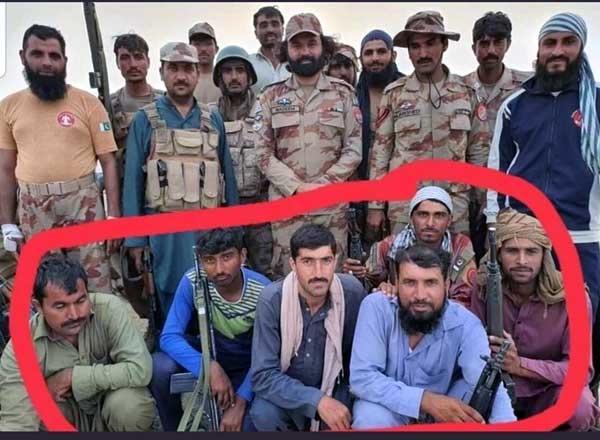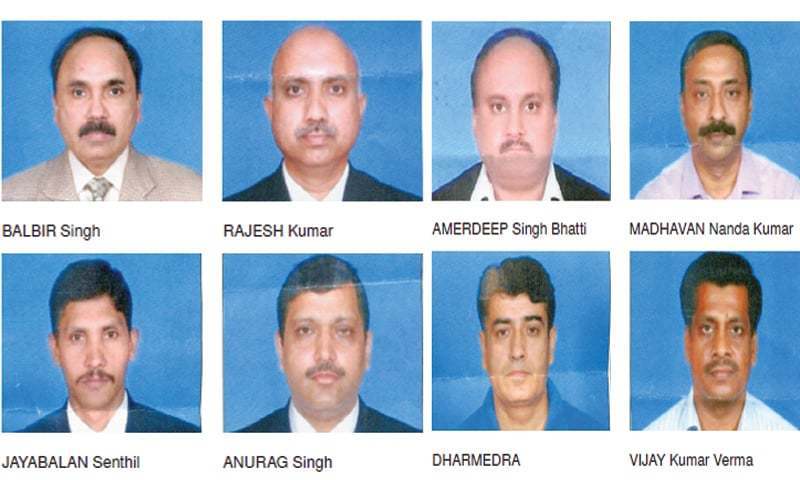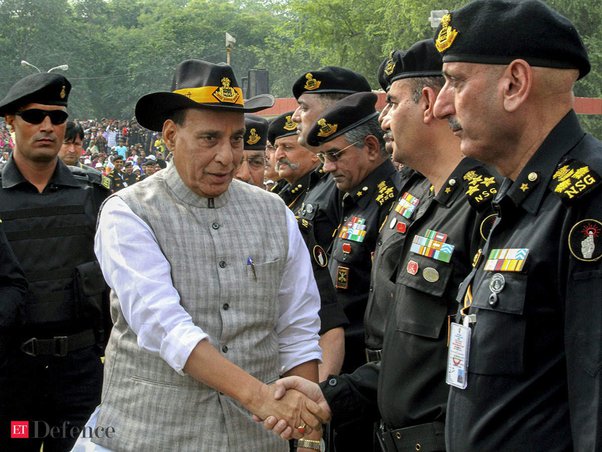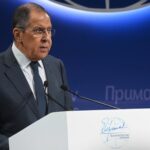According to the Intercept, Leaked Pakistani intelligence backs up Canada’s claim of an Indian assassination program.
The Indian government’s intelligence agency, the Research and Analysis Wing, or RAW, has been planning assassinations targeting Sikh and Kashmiri activists living in foreign countries, according to secret Pakistani intelligence assessments. The intelligence documents identify a series of threats against people living in Pakistan from RAW, which Pakistani security officials believe is working in conjunction with local criminal and dissident networks to carry out assassinations and other attacks. According to the documents, RAW is targeting individuals and religious institutions alleged to support an armed insurgency in the disputed territory of Kashmir, as well as militant Sikh activists living in Pakistan and wanted by the Indian government.
The Canadian government first made headlines in September with the accusation that Indian intelligence agents orchestrated the assassination of Sikh Canadian activist Hardeep Singh Nijjar on June 18, 2023, outside a Sikh cultural center in Surrey, British Columbia on Canadian soil.
The government of Canada expelled a senior Indian diplomat on Monday, after accusing “agents of the government of India” of having perpetrated the assassination of a Canadian citizen on Canadian soil last June. Canadian Prime Minister Justin Trudeau warned India that Canada would continue to work with its allies around the world, including the United Kingdom, to unearth further intelligence about the alleged assassination.
The adherents of Sikhism follow a monotheistic religion that originated during the late 15th century in what today in northern India’s Punjab region. Many Sikhs support the creation of Sikh homeland, which they refer to as Khalistan —an aspiration that has sparked numerous armed conflicts in India’s history. The government of India considers such aspirations a threat to its national security and regularly refers to leading Sikh activists as terrorists.
Over half of the 1.4 million Canadians of Indian origin identify as Sikhs. This makes Canada’s Sikh population the largest in the world outside of the Punjab region of India. Canadian Sikhs tend to be outspoken in their criticism of the government of India. Many of them campaign openly about what they see as the need for the establishment of an independent Sikh homeland. Nijjar was one such outspoken activist, having risen “to become a prominent advocate for the creation of Khalistan”, according to one recent biographical article. Indian authorities had accused Nijjar of terrorism and had issued a warrant for his arrest.

India has indeed been involved in killings inside arch-enemy Pakistan for long, as the Intercept’s article states. India has been supporting the Baluchistan Liberation Army (BLA), a well-known separatist movement, for long. It is also supporting other separatist groups like the BLA inside Pakistan. However, killings in Canada are a newer phenomenon. Also, the article is correct in its statement that India felt angered at the success of the Sikh separatist movement in the Indian diaspora. The Khalistan movement has support from the Sikh diaspora in the West and the Sikh minority inside Pakistan. There is a history of Pakistan’s covert support of the Khalistan separatist movement dating back to the mid-1980s. Why now? India feels emboldened now because of the perceived political space available to it, as correctly indicated in the article. The Modi government in India has cultivated strong relationships with Western countries, especially the US. Indian relations with the US have grown robustly in the last few years or so and now have a strategic dimension to it. The US needs India as a balance to the growing power of China, its chief adversary. Thus, India perceives that global politics has given it the due space in which the West will tolerate, to some extent, its crusade of silencing perceived Indian enemies abroad. This assessment was wrong, as correctly stated in the article. In sum, Indian killings inside Pakistan due to perceived threats from Kashmiri and Khalistan movements are nothing new. After all, there is a history of Pakistan’s support for both movements. But that was the past and now Pakistan isn’t supporting the separatist movements as it is weakened from within because of both political instability and economic crisis. Meanwhile, the Modi government is doing well in India and elections are around the corner. Modi is playing politics as usual in giving the impression of a strong leader defending India’s national interests both inside the country and abroad. Modi is indeed a very powerful leader and has done well politically speaking. Modi wants to win another term and therefore will take calculated risks to improve his image of a great Indian leader destined to make the country into a global power. After all, such killings are the usual business of great superpowers, and so India can do it too. India is poised to become a global power in the coming decades, if not already. Such is the thinking of the Modi government. Therefore, the killings in Canada and Pakistan must be sort of tolerated by Western allies. Again, this is how the Indian leadership is thinking. Such is global politics. Simple as that.





